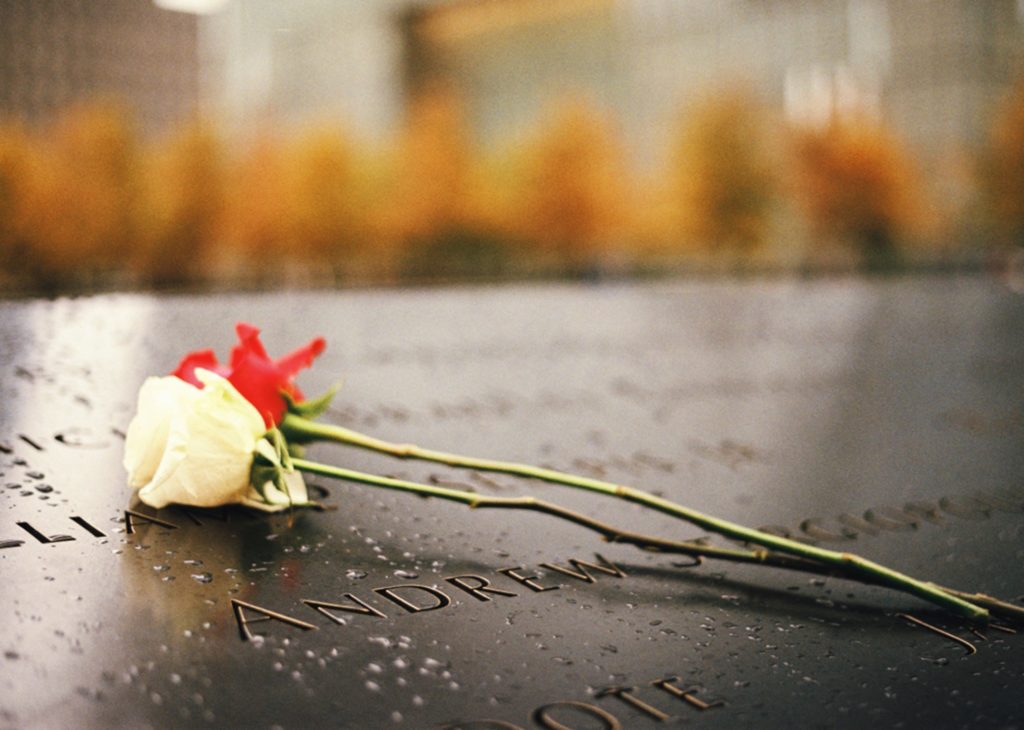Sadly, some responders and survivors pass away from their 9/11-related illnesses after they have filed a personal injury claim with the September 11th Victim Compensation Fund — but before they have received their award. The VCF has certain procedures that must be followed in these cases. Once the VCF learns that a claimant has died, it will send a letter to their last known address and stop processing the claim until a personal representative is appointed. The letter will explain the steps that must be taken to move forward with processing the claim.
While the facts of every claim are different, here are the four primary steps that must be taken in the event a claimant passes away after they’ve filed a claim with the VCF:
1. The Personal Representative Must Be Identified
The personal representative is the individual appointed by the surrogate or probate court who has the legal authority to handle the decedent’s estate matters. This individual must obtain either Letters of Administration or Letters Testamentary, depending upon whether the claimant had a will. Importantly, the personal representative is the only person who can submit a VCF claim to receive an award on behalf of a deceased responder or survivor.
2. The Information Needed to Validate the Personal Representative Must Be Submitted to the VCF
If the claimant’s cause of death was linked to their 9/11-related illness, the personal representative must submit a new deceased claim to the VCF. This involves filing for a new registration. The eligibility and compensation portions of the claim must also be completed. However, if the cause of death was not due to the 9/11-related health condition, the procedure is different. In these cases, an amendment must be filed to the original claim that identifies the personal representative.
The personal representative must also submit several documents to the VCF, including the decedent’s death certificate, a copy of the court order showing their appointment, and proof of cause of death — this can usually be found on the death certificate. Otherwise, a hospital discharge summary or medical records may be sufficient.
3. The Claim Form Signature Page Must Be Submitted
The personal representative must complete and submit the claim form signature page, along with any supporting documents and exhibits that are required. If an amendment is filed to the original personal injury claim, the personal representative must complete a new claim form signature page and an Authorization for Release of Medical Records form. If a new deceased claim must be filed, there are a variety of documents that must be provided to the VCF. The personal representative should use the VCF’s Deceased Claim Document Checklist as a guide to determine the paperwork that will be needed to process the claim.
4. Payment Information for the Personal Representative Must Be Submitted
The personal representative must submit payment information so the VCF can process the payout. This can either be a VCF ACH Payment Information Form or an authorization form to pay a law firm account.
Contact an Experienced New York 9/11 VCF Attorney
If your loved one passed away after filing a VCF claim, you may be eligible to pursue their award on their behalf. In addition, if they died as a result of their 9/11-related health condition, you might be entitled to recover wrongful death losses. The Dearie Law Firm, P.C. has been working with the families of 9/11 responders and survivors for over a decade to help ensure they receive the monetary awards they deserve from the VCF. Contact us for a consultation.

